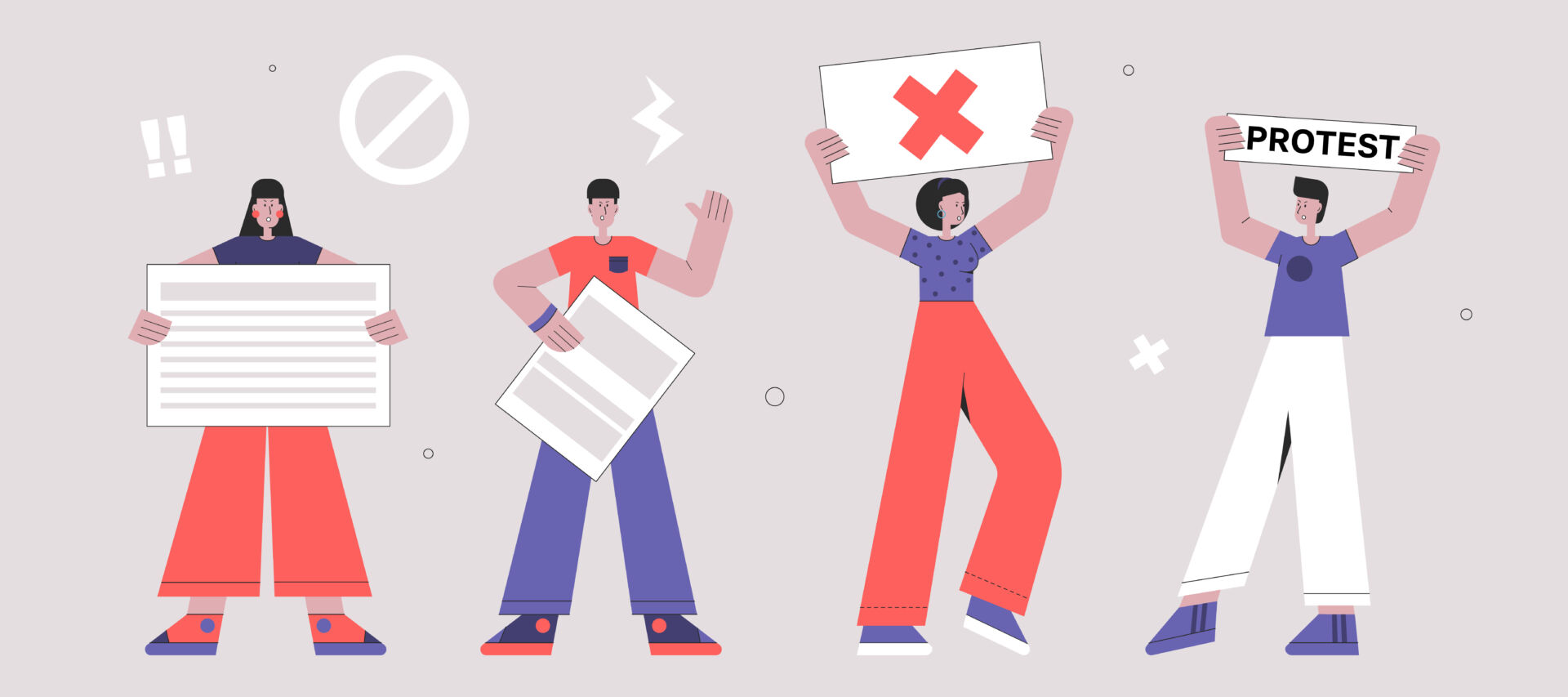The internet is teeming with companies offering services to authors – publishing, marketing, publicity, ghostwriting, agenting – the list goes on. It can be increasingly difficult to distinguish between legitimate offers and scams. In the last year, the SoA advisory team have seen a variety of misleading unsolicited offers and cold-calling, targeting all kinds of authors. The SoA urges authors to treat information sourced from the internet or from cold-call emails with caution.
The impact of falling for scams can be distressing and demoralising. Some authors report paying for services with little in return and finding that they cannot recoup payments, or granting rights that they cannot later revert. Others have found themselves disclosing bank details under fraudulent circumstances. Sadly, anyone can fall for scams – no author should feel foolish or ashamed if they fall for one. Many scams are highly sophisticated and, as discussed below, they are designed to play on authors’ genuine needs and hopes. There are, however, measures that can be taken to protect your interests and wellbeing.
Protecting yourself
- Check with the SoA. We are happy to examine offers that members receive and are (sadly) becoming adept at spotting scams. Reach out for help if you feel that you are being bullied into agreeing for services or bombarded by emails from a company.
- Take your time before answering flattering emails or sharing your work. Scammers can use email addresses that look like a genuine publisher’s or agent’s address, so be aware that publishers, agents and producers are highly unlikely to make spontaneous offers or try to acquire rights in books that have not been submitted to them. Remember that reputable literary agents do not charge fees for reading or editing work or making submissions to publishers.
- If the scammer claims to be or cites a genuine agent or publisher, report the matter to the real agent or publisher (most big publishers and agencies have a ‘report a scam’ link which can be searched for online).
- Do not rely on glowing online reviews. Searching for a company name alone may generate results curated by the scammer’s paid advertisements and potentially paid-for reviews. Instead, search for ‘is it a scam?’ or ‘is it legit?’.
- Never pay money unless you are clear about what you will receive in return. Don’t settle for vague promises and aspirational jargon, but only for specific undertakings.
- Watch out for pressurizing sales tactics, ‘urgent’ deadlines and upselling (i.e. suggesting that you pay more for just one extra ‘benefit’). These can be signs of a scam.
- Be wary of companies offering special, seemingly ‘official’ Amazon product and marketing services. Remember that legitimate Amazon websites and emails contain ‘amazon.co.uk’ or ‘amazon.co.uk/support’.
- Always be careful before acting on emails or phone calls purporting to be from your bank, even if the caller ID that appears on your phone matches your bank name or number. Scammers can change the number that appears on your screen.
- Publishers and agents can also fall prey to scams, so check royalty statements to ensure that they have the correct bank details. If you are expecting a payment from a publisher or agent (or an award/prizing-giving body) and it does not arrive in your account, chase as soon as possible.
- Consider using resources, such as Writer Beware’s (a very useful, though not exhaustive) List of Overseas Scams and The Authors Guild’s article on avoiding scams. You can also report phishing emails to the UK Government and find government guidance on Misleading Invoices here.
Please consult the SoA for further information or advice at info@societyofauthors.org.
If you have been scammed
If money has been taken from your bank account without permission, whether your identity has been stolen, your card cloned, there is unfamiliar activity on your account or you’ve been the victim of a scam, there are certain steps you should take. See the government service, MoneyHelper, and note the three contact links advised in the guidance.
In particular, you should:
- Contact your bank or card provider to alert them. You could be liable for all money lost before you report it
- Contact Action Fraud to report the crime if you’ve been scammed. This can be done online or by calling 0300 123 2040
- You can also report financial scams, such as investment fraud, to the Financial Conduct Authority (FCA).
If a scammer has taken money from your own bank account, it will generally be your responsibility to remedy the situation, but you may be able to reclaim it if you have taken proper precautions – see the guidance above.
Publishers and other companies and organisations who pay authors regularly can be defrauded and be persuaded to transfer funds to a scammer’s account under false pretences. If a scammer has diverted money from its originally authorised destination through no fault or negligence of the real recipient, the responsibility generally lies with the payer. Please contact the SoA for further information about the possible steps to take here.





